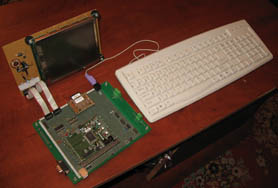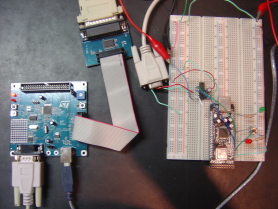eLua is Open Source and is freely distributed under the GPL (migrating to BSD soon) licence.
The Lua code (with slight modifications) is included in the source tree and is, of course, licensed under the same MIT license that Lua uses.
The terms of each of these licences can be viewed on their own pages at:

